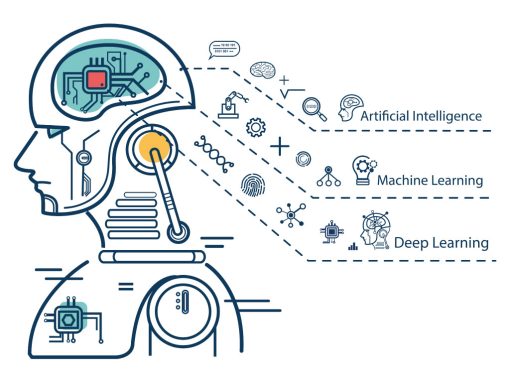Decisions J 8/20 and J 9/20 of the Legal Board of Appeal
The Legal Board of Appeal has confirmed that an AI system cannot be the inventor of a patent application at the EPO, agreeing with the earlier decision of the Receiving Section (reported by us in our article of February 2020).
Background
In 2018, two patent applications (EP3564144 and EP3563896) were filed by the same applicant, Dr Thaler, and initially failed to provide information about the inventor. After notification from the EPO regarding the missing inventor details, the applicant named the inventor as DABUS, an AI system, arguing that he has acquired the right to the invention as owner of DABUS.
In January 2020, both applications were refused.
The Receiving Section stated that the designation submitted by the applicant was not consistent with Art. 81 EPC for two reasons:
1. Only a human inventor could be an inventor within the meaning of the EPC;
2. A machine could not transfer any rights to the applicant and therefore the statement that the applicant was successor in title because they owned the machine did not satisfy the requirements of Art. 81 EPC & Art. 60(1) EPC.
Both decisions were appealed.
The Appeal
The appeal was dismissed in a decision of 21 December 2021. Additionally, the applicant’s auxiliary request that a natural person was to have “the right to the European Patent by virtue of being the owner and creator of” the AI, was also rejected.
The Legal Board of Appeal gave the following reasoning at the end of the oral proceedings:
- Under the EPC the inventor had to be a person with legal capacity and therefore the main request (that the DABUS AI was the inventor) was rejected.
- Regarding the auxiliary request, a statement indicating the origin of the right to the European patent under Article 81 EPC had to be in conformity with Article 60(1) EPC.
- The EPO was competent to assess whether such statement referred to a situation which was encompassed by Article 60(1) EPC.
The full written decision will be released in due course.
Parallel Cases
The same issue is currently being considered in parallel in a number of other jurisdictions.
The USPTO refused US patent application no. 16/524,350 in June 2020, however we note this decision is likely to be appealed. For full details of the parallel case in the USA, please refer to our article of June 2020.
The Australian Federal Court allowed DABUS to be the inventor at appeal, again this decision is likely to be further appealed.
Dr Thaler’s corresponding patent in South Africa was granted in July 2021, although we note that there is no substantive examination in South Africa. For further information on the status of these AI inventor cases in Australia and South Africa, please refer to our article of September 2021.
The UK Court of Appeal recently confirmed that DABUS cannot be an inventor in their decision of October 2021, however we again note the possibility that this issue is further appealed to the Supreme Court. Our article of October 2021 provides full details of this decision by the UKIPO.
For now, we look forward to the full written decision from the Legal Board of Appeal and will continue to monitor for further updates in other jurisdictions.









